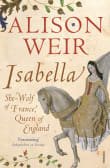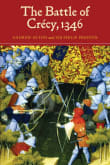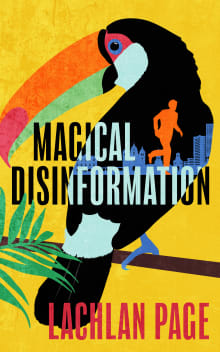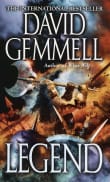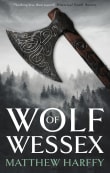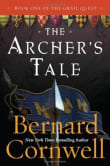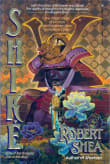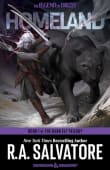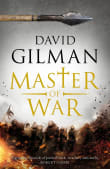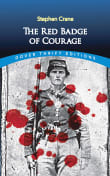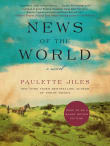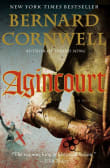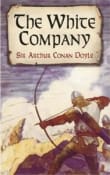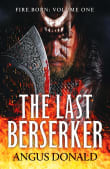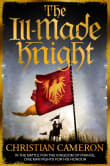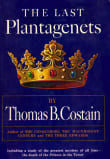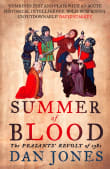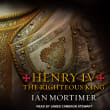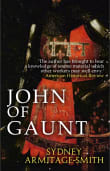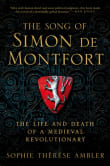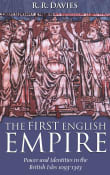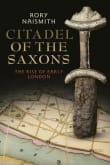"The Fair" Phillip IV of France died in 1314. His three sons ruled after him in turn, and none provided a legitimate heir, so when the youngest son, Charles IV, died in 1328, the Capetian dynasty, which had ruled France for over 300 years, came to an end.
But Phillip IV had a daughter, Isabella, who had married Edward II of England, and so their son, the future Edward III, was the nearest male relative to the deceased Charles IV.
Isabella was adamant that her son was the legitimate heir to the French throne, and it was this claim that was pursued throughout the Hundred Years War and which was only relinquished in 1802.
Isabella has not had good press. Derided as "the she-wolf of France," she was an adulteress, waged war against her husband, and was probably complicit in his murder. In fairness, she had much to contend with. Edward II was a weak and vicious ruler, a homosexual who lavished more attention on his catamites than on his wife. This book is an excellent biography of a woman whose impact on history was dramatic and far-reaching.


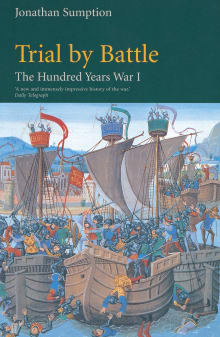


![Book cover of The Chronica Maiora of Thomas Walsingham [1376-1422] Book cover of The Chronica Maiora of Thomas Walsingham [1376-1422]](https://res.cloudinary.com/hzpwrwfdi/image/upload/w_220/media/covers/81OHr5D264S_yc7asn)





